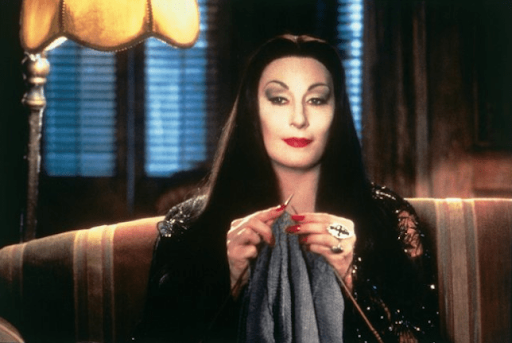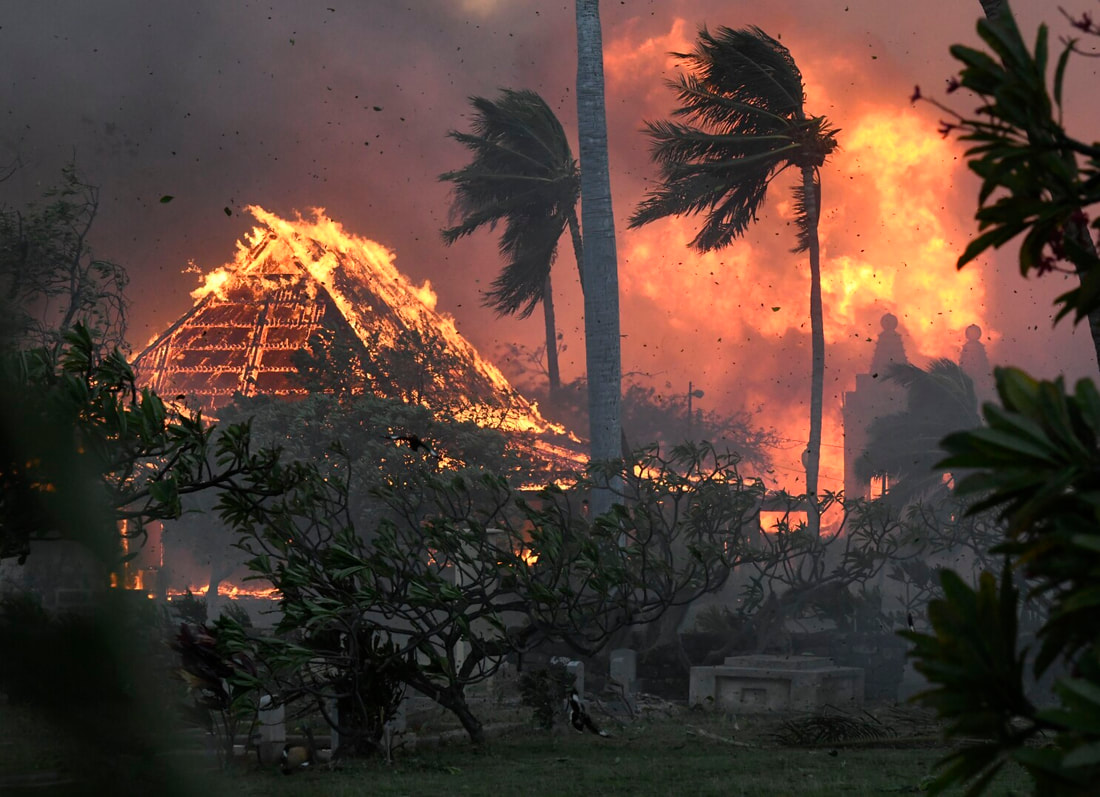|
Which Morticia was the best, from newspaper comics to Netflix series Morticia Addams in "The Addams Family." (Image c/o Paramount) By Val Hill Visiting Opinion Columnist Over the years, there have been many versions of The Addams Family. Along with that brings different versions of Morticia Addams, who is considered to be one of the “mothers of goth.” So which Morticia is the best, and what separates her from any of the other versions?
But first we need to look at the many different variants of The Addams Family from over the years. The idea first started as a comic in 1938 by Charles Addams on page nine of The New Yorker. It was just a simple black and white single-panel that depicted a salesman trying to sell a vacuum cleaner to the spooky family. That panel was the spark that was needed to light the fire for the 1964 TV show, starring Carolyn Jones as Morticia and John Astin as Gomez. The TV show was only the tip of the iceberg, making room for cartoon shows, movies and a Netflix series. And with all these different Morticia’s, which actress did the best job at bringing her out of the coffin and onto our screens? I believe that the best portrayal of Morticia came from The Addams Family Values, made in 1991, starring Anjelica Huston. Her performance and added depth of the character made the movie so much better. The almost corpse-like color of her face and the way she moves in her long and slender black dress making her look as if she was floating across the set made her the best choice. The on scene chemistry between Huston and Raul Julia, the actor for Gomez, was immaculate. It was as if the two were an actual couple in real life, and the embodiment of the dynamic between Morticia and Gomez. Huston’s dedication to the role of Morticia was amazing, bringing the whole franchise to new heights.
0 Comments
The Maui Fires, Ukraine, and the Biden Administration’s Response to Disaster. (Image c/o Matthew Thayer/The Maui News via AP, File) By Jules Miles Opinion Columnist Recently, the Biden Administration has come under scrutiny for sending significantly more aid to Ukraine than to those suffering in the wake of the Maui fires. According to NPR, “The Biden administration is asking Congress to approve $40 billion in emergency funding, including $24 billion for Ukraine as part of security, economic and humanitarian assistance for the country as it defends its borders against a Russian invasion.” In contrast, merely $12 million has been sent out to aid Maui, as described in “FACT SHEET: Biden-Harris Administration’s Latest Actions to Support Communities Impacted by Maui Wildfires,” published by the White House in order to record the aid Maui has received on behalf of the federal government and associated organizations. The Federal Emergency Management Agency, FEMA, had also “made available more than 50,000 meals, 75,000 liters of water, 5,000 cots and 10,000 blankets and shelter supplies to the county government for distribution,” and provided funding to the Hawai’i Fire Relief Housing program, which in turn was established by the American Red Cross.
The disaster of the Maui fires is unprecedented; the massive loss of human life that said fires incurred is a national tragedy—and yet, the people of Maui have an entire nation of people to help them, to take action to prevent such a disaster from ever occurring again, and to aid the people whose lives have been devastated by the fires. In contrast, the very nation of Ukraine is under attack. They have nowhere else to turn but to the rest of the world—and so it is imperative that the global community rally behind them. Like Maui, Ukraine, too, has been devastated by disaster—one that cannot be understood by anyone who has not had their lives destroyed by war. According to the United Nations’ Office of the High Commissioner for Human Rights, since the beginning of the war between Russia and Ukraine to the date of July 30th of this year, there have been 26,015 recorded civilian casualties in Ukraine: “9,369 killed and 16,646 injured.” The Maui fires and the Russia-Ukraine war are both humanitarian tragedies, crises that must be addressed through the support of those who are able to provide it—and yet, they are tragedies that vary immensely in scale, with the former having claimed 114 lives, and the latter having claimed thousands. Additionally, while the destruction in Maui has passed enough so that residents have been able to return home to Lahaina (as of September 25th, as reported by the New York Times), the war in Ukraine goes on, with no end or hope in sight. As Seung Min Kim writes of Maui for the PBS News Hour, “It will take years to rebuild Lahaina, where just about every building was obliterated”—and the very same is true for Ukraine. In the face of this humanitarian crisis, and of the scale of the destruction waged against the people of Ukraine, two things are blatant: Ukraine needs outside aid, and it needs more aid than those recovering from the Maui fires. It doesn’t matter “who” any humanitarian disaster belongs to—only that it is tended to with the gravity and aid it deserves by right, and that the people whose lives have been destroyed by said disasters receive the dignity and relief they so need. The world, as it exists today, is incredibly globalized; no nation lives in isolation from the rest of the world. As such, humanitarian disaster anywhere is a matter that concerns the entire world—not only from the transactional standpoint of what allies stand to gain from each other through providing aid to each other in times of crisis, but from a standpoint of basic human kindness and protecting human rights by fulfilling human need. Victims of destruction and disaster (no matter the cause) deserve aid—because, quite simply, it’s the only right and human thing to do. Sources: The White House: https://www.whitehouse.gov/briefing-room/statements-releases/2023/08/23/fact-sheet-biden-harris-administrations-latest-actions-to-support-communities-impacted-by-maui-wildfires3/#:~:text=Last%20week%2C%20President%20Biden%20made,protective%20measures%20for%20Hawai%CA%BBi%20County. TIME Magazine: https://time.com/6307022/biden-maui-wildfires-missing-dead-federal-response/ The New York Times: https://www.nytimes.com/article/maui-wildfires-hawaii.html PBS News Hour: https://www.pbs.org/newshour/politics/watch-biden-says-government-will-help-maui-for-as-long-as-it-takes-in-fire-recovery United Nations Office of the High Commissioner for Human Rights: https://www.ohchr.org/en/news/2023/07/ukraine-civilian-casualty-update-31-july-2023 BBC: https://www.bbc.com/news/world-europe-60506682 NPR: https://www.npr.org/2023/08/10/1193303180/biden-ukraine-aid |
STAFFMadison Sciba '24, Archives
October 2023
Categories |



 RSS Feed
RSS Feed